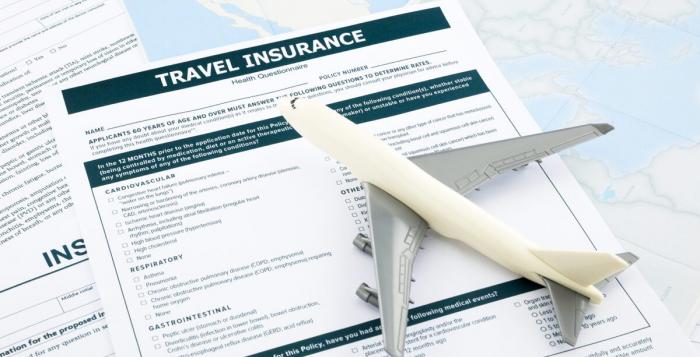The body of law is complex and broad. If you want to practice it as an attorney, you'll need to undertake extra education, prove you can provide competent legal help to others, and then keep up with legal developments throughout your career so that clients get the best and most up-to-date legal advice. To fulfill the requirements for becoming a lawyer, would-be lawyers earn a bachelor's degree, attend law school and then sit for a bar exam, which is necessary to obtain a license to practice, according to the Bureau of Labor Statistics.
Fulfill Pre-Law Requirements
The first qualification needed to become a lawyer is a bachelor's degree. The major isn't important, according to the American Bar Association, the body that accredits law schools and establishes ethical codes for attorneys. The ABA says that, historically, students tend to major in disciplines such as history, political science and English. The ABA recommends, though, that rather than trying to find the "right" major, students choose challenging classes that emphasize critical reading and analysis, projects, organization, writing and research.

Complete Law School
After a bachelor's degree, attorneys complete law school to qualify themselves to practice. To get in, students must pass the LSAT -- the Law School Admission Test -- which assesses a student's potential for the study of law. For those who pass, the education needed to be a lawyer is lengthy and expensive. Aspiring lawyers spend three years earning the required degree, which is a juris doctor, abbreviated to J.D.
According to a Good Financial Cents analysis in 2020, the average cost of attending one of the top 20 law schools in the U.S., such as Harvard or the University of Minnesota, is $45,569 per year, or $136,707 for a law degree. Tuition at the second tier of 20 ABA-approved schools totals $38,308 per year, or $114,924 for a J.D.
Acquire Legal Specialization
Some job qualifications list training and experience in a particular type of law. Many schools offer specialization and certificate programs for those wanting to focus on a concentrated area of law such as international law, intellectual property, litigation and business law. Students may also obtain an second advanced degree such a JD/PhD, JD/MPH or JD/MBA. Joint degree programs are increasingly popular and available in most fields of law, according to the Association of American Law Schools.
Pass the Bar Exam
The bar exam tests students' legal knowledge and is required by states for licensing. Each state sets its own particular criteria, and those wanting to practice in more than one state must pass the bar in both states. States usually demand a two-day test, the first day presenting students with the Multistate Bar Examination, the test consisting of 200 questions in six law areas: torts, real property, evidence, criminal law, contracts and constitutional law. The second test day calls for essays or presents candidates with the Multistate Essay Examination and the Multistate Performance Test.

.jpg)










